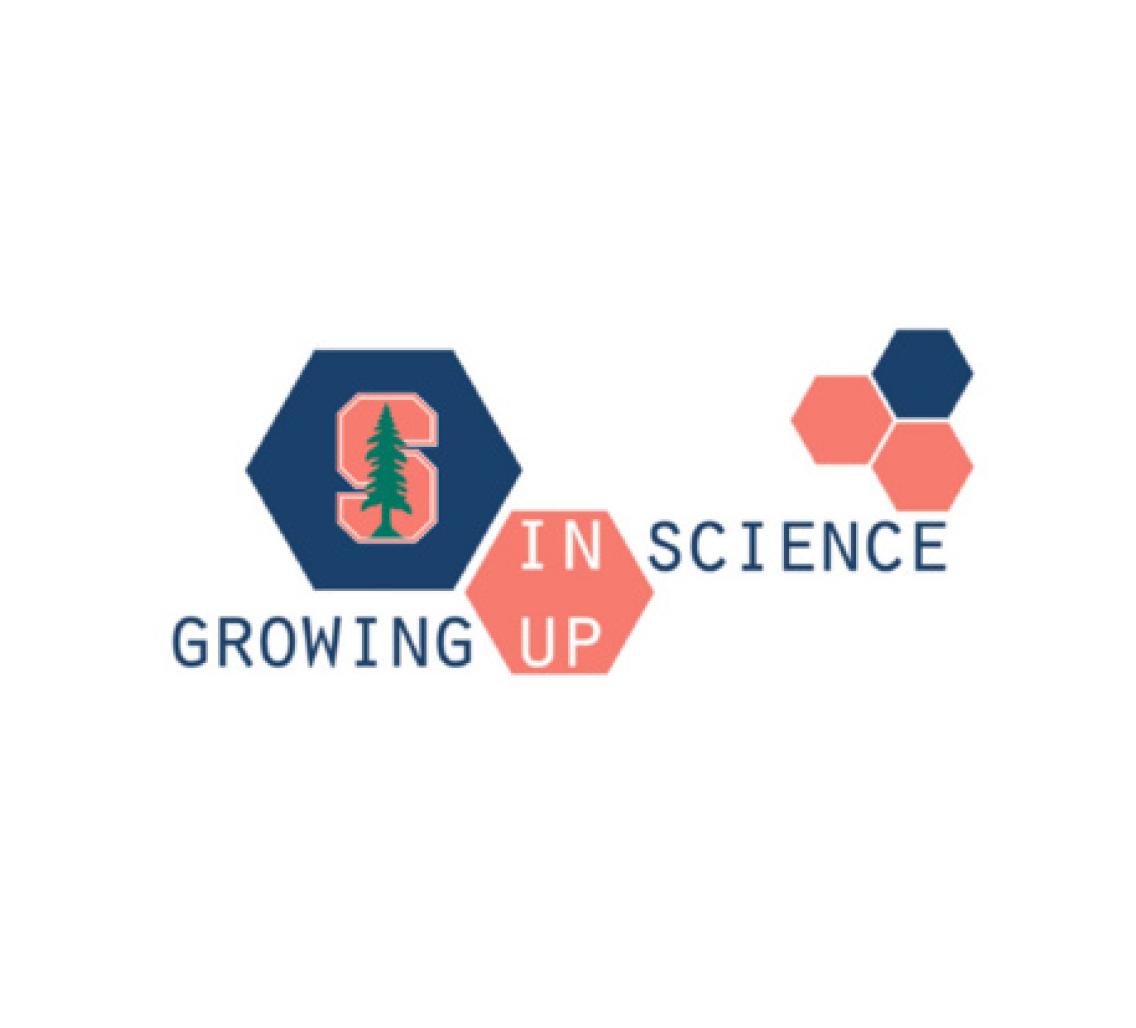Event Details:

Growing Up in Science (GUIS) is a new-to-Stanford discussion series. In each session, one faculty member will share the personal side of their individual journey through academia. The stories shared will focus on the struggles, doubts, weaknesses, and failures we all face as young scientists. The series aims to normalize discussing these personal and interpersonal challenges, and supporting one another through them. No science will be discussed! GUIS is exclusively an in-person event.
More information about this cross-university series can be found here.
Tony’s Official Story
Tony received his bachelor’s degree in Chemistry from Case Western Reserve University in 1986. He did his graduate work at Tulane University under the direction of Dr. Chuck Norris and was the first graduate of the Neuroscience Program. Tony did his first postdoc with Manning Correia at University of Texas in Galveston where he explored vestibular hair cell properties using a variety of imaging techniques. Tony then did a second postdoc with Robert Fettiplace at the University of Wisconsin, where he published a series of important papers that characterized the biophysics and function of mechanotransduction mechanisms. He received a young investigator award and multiple grants for this work, including his first R01, which he took to an independent position at LSU. Tony’s work expanded to include synaptic transmission, earning him an early investigator award from the Association for Research in Otolaryngology. Following hurricane Katrina, Tony moved to Stanford University as one of the first basic scientists hired into the newly formed Otolaryngology department. He has since broadened his research to include translational studies, while also maintaining a focus on the molecular and cellular basis of hearing.
Tony’s Unofficial Story
Tony grew up in the Bronx with three siblings and young parents who barely went to high school. In his home, education was seen as secondary to ensuring that rent, food and electricity could be had. Fortunately, Tony’s highly intelligent grandmother forced him to leave NY and go to college. Unfortunately, this made him something of an outsider to the rest of his family. In college, Tony similarly had little in common with his peer group, and playing sports became his preferred social outlet. Tony’s dislike of coursework and authority figures, along with a lack of discipline, put him in a bad position to succeed academically – spending every quarter in college on ‘social probation.’ Tony landed a work-study job in a research laboratory, where he met David Lust, who shared Tony’s affinity for coffee, cigarettes, and not sleeping. Tony worked in David’s neurochemistry lab for 2 years, applied to grad schools, and ultimately enrolled at Tulane in New Orleans. After dragging his wife of 3 weeks across the country, Tony found that the professor he hoped to work with had left Tulane. He eventually found and joined a sensory neuroscience laboratory, which has remained his focus. Tony graduated quickly and moved to Texas for a postdoc, based only on interviews at the SFN meeting. After arriving, Tony found that the lab’s advances had been exaggerated, and was promptly abandoned for 18 months by his new PI, who went to Russia to fly monkeys into space. Tony left Texas within a year of his PI’s return, and moved to Wisconsin to work with Robert Fettiplace, where he finally got to do exactly the science he wanted. After three years, he returned to New Orleans as faculty at the new Neuroscience Center at LSU. Following Hurricane Katrina, Tony spoke up about a lack of leadership and questionable University priorities, which did not include the well-being of students and staff that were displaced by the natural disaster. He was ultimately fired, but found a silver lining – being recruited to Stanford. Tony has been at Stanford since 2006, where he has found reasonable scientific success, and has tried to contribute positively to the broader community.